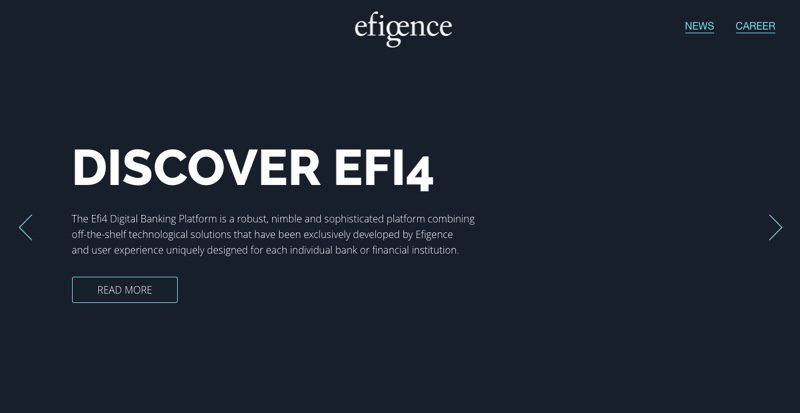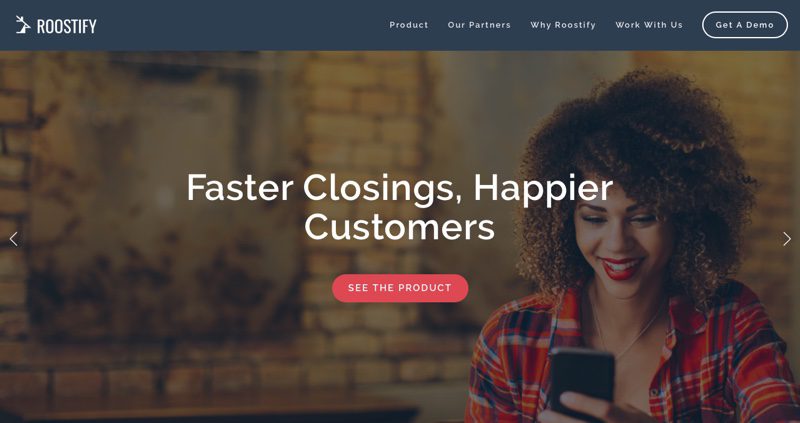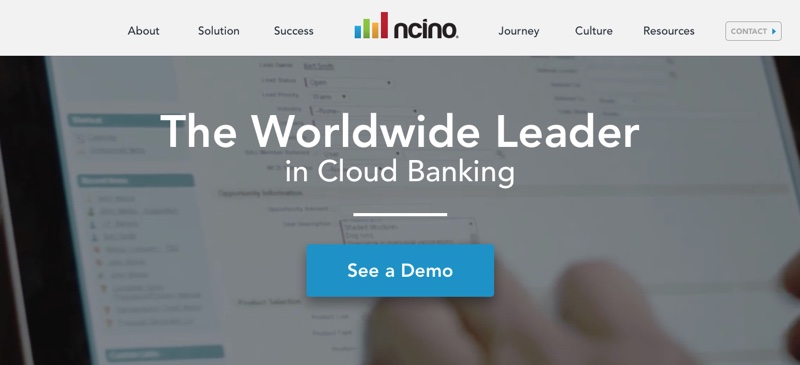
Clinc’s newly-announced integration with the Alexa skill of USAA will give the 12 million members of the financial service provider access to what the Clinc calls the “first, fully-conversational, AI banking solution.”
“With absolutely no rules or commands to learn, USAA members will enjoy an unexpected, delightful experience that actually feels like an intelligent human interaction,” Clinc CEO Jason Mars explained. “Clinc’s unique approach to conversational AI removes restrictions so consumers can focus on their finances and speak naturally,” he said.
Ann Arbor, Michigan-based Clinc won Best of Show for its demonstration of Finie, a live personal assistant for mobile banking. Finie was an example of the kind of solution that can be built from Clinc’s conversational AI platform. The company’s technology leverages natural language processing, machine learning, and deep neural networks to identify and recognize context, sentiment, and word structure. This enables Clinc to develop solutions that answer users’ follow-up questions, for example, and create technologies that learn and add to their knowledge over time.
USAA members can begin using the solution by registering the USAA skill with Amazon, and syncing their accounts through USAA. Members can also take advantage of a voice PIN option for additional security. Sign up at USAALabs.com.

Pictured: Clinc co-founder and CEO Jason Mars during his live demo of Clinc’s personal assistant for mobile banking technology at FinovateFall 2016.
“This pilot is designed to better replicate the interaction members would have with a USAA service representative on the phone, open new avenues to better serve our members and create more opportunities for our member service representatives to handle more complex member needs,” USAA Labs assistant vice president Darrius Jones said. “What we learn from this pilot will help shape how we view member service in years to come.”
San Antonio, Texas-based USAA has provided financial services to current and former members of the U.S. military and their families since 1922. USAA Labs, launched earlier this year, is designed to give USAA members both access to and opportunity to provide feedback on the firm’s newest technology innovations and exclusive pilot projects. As USAA Labs Strategic Innovations Manager Christee Kahn explained earlier this year in an interview at the USAA Money Matters blog: “(Members) will have the opportunity to vote on specific ideas and concepts developed by our business teams, join pilot programs, provide input and utilize new tools and products that USAA is testing.”
Founded in 2015 by University of Michigan professors Jason Mars (CEO), Lingjia Tang (CSO), Michael Laurenzano (CTO), and Johann Hauswald (Chief Architect), Clinc demonstrated its technology at FinovateFall 2016, winning Best of Show. The company raised $6 million in funding in February, boosting its total capital to $7.75 million. Mars participated in our spring webinar, How to Make it In the Fintech Industry: Three Success Stories, along with Jeff Cain, Director of the Envestnet | Yodlee incubator and Moven CTO Kumar Ampani. The company raised $6 million in funding in February, boosting its total capital to $7.75 million.














